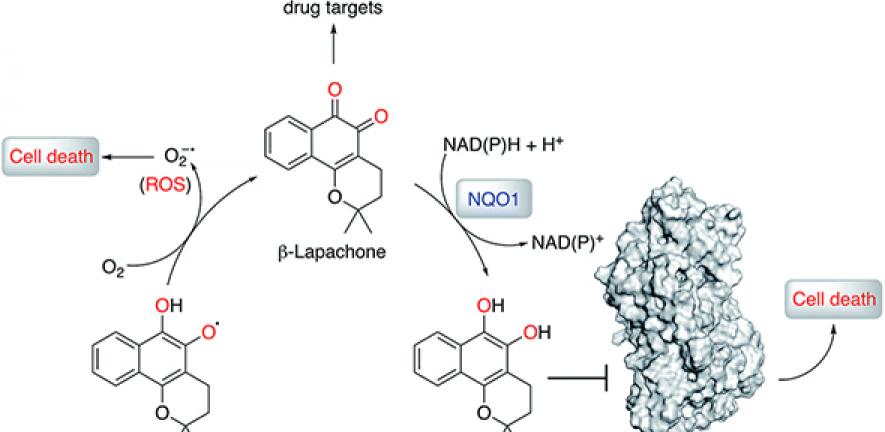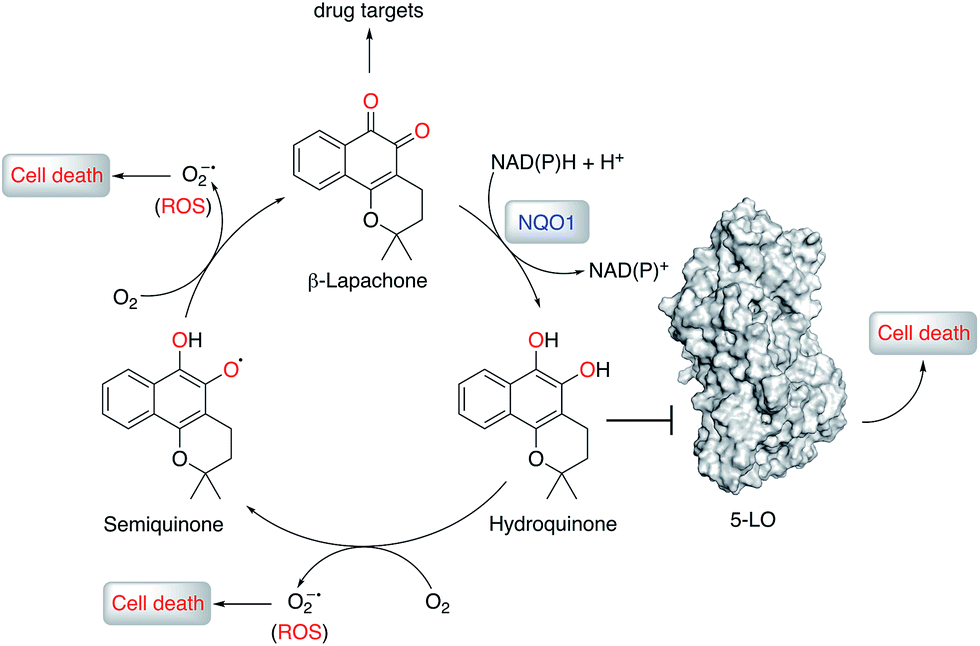
Using the new technology could help overcome a current bottleneck in drug discovery. So says Dr Gonçalo Bernardes, a University Lecturer here in the department and a member of the multinational research team whose paper 'Machine intelligence decrypts β-lapachone as an allosteric 5-lipoxygenase inhibitor' has just been published in Chemical Science. It is part of the journal's 2018 HOT Article Collection.
Talking about this research in Chemistry World magazine, Gonçalo explained that identifying how drug candidates interact with their target to treat disease is key to drug development.
"This is typically done through proteomic approaches, which tend to be very laborious, time consuming and do not guarantee success in regards to linking drug target binding to modulation of disease," he says. But using artificial intelligence can help as it "also provides research hypotheses that need to be experimentally confirmed, but in a much faster and more economical way".
Using a huge database of drug compounds and drug targets, the research team 'taught' a computer to predict which might be suitable targets for the anti-cancer activity of the natural product β-lapachone. Among them was the enzyme 5-lipoxygenase. After artificial intelligence had predicted the binding affinity of β-lapachone to 5-lipoxygenase, the researchers tested this by creating enzyme models and carrying out computational studies. They confirmed that β-lapachone binds strongly to the enzyme's target site.

And this is not the only research looking into how artificial intelligence could help in drug discovery, Gonçalo told Chemistry World. "We have applied [our artificial intelligence approach' to four other projects, and one of them is fairly advanced," he says.
- You can read the research paper in Chemical Science here: Machine intelligence decrypts β-lapachone as an allosteric 5-lipoxygenase inhibitor
- And see the article in Chemistry World here.

